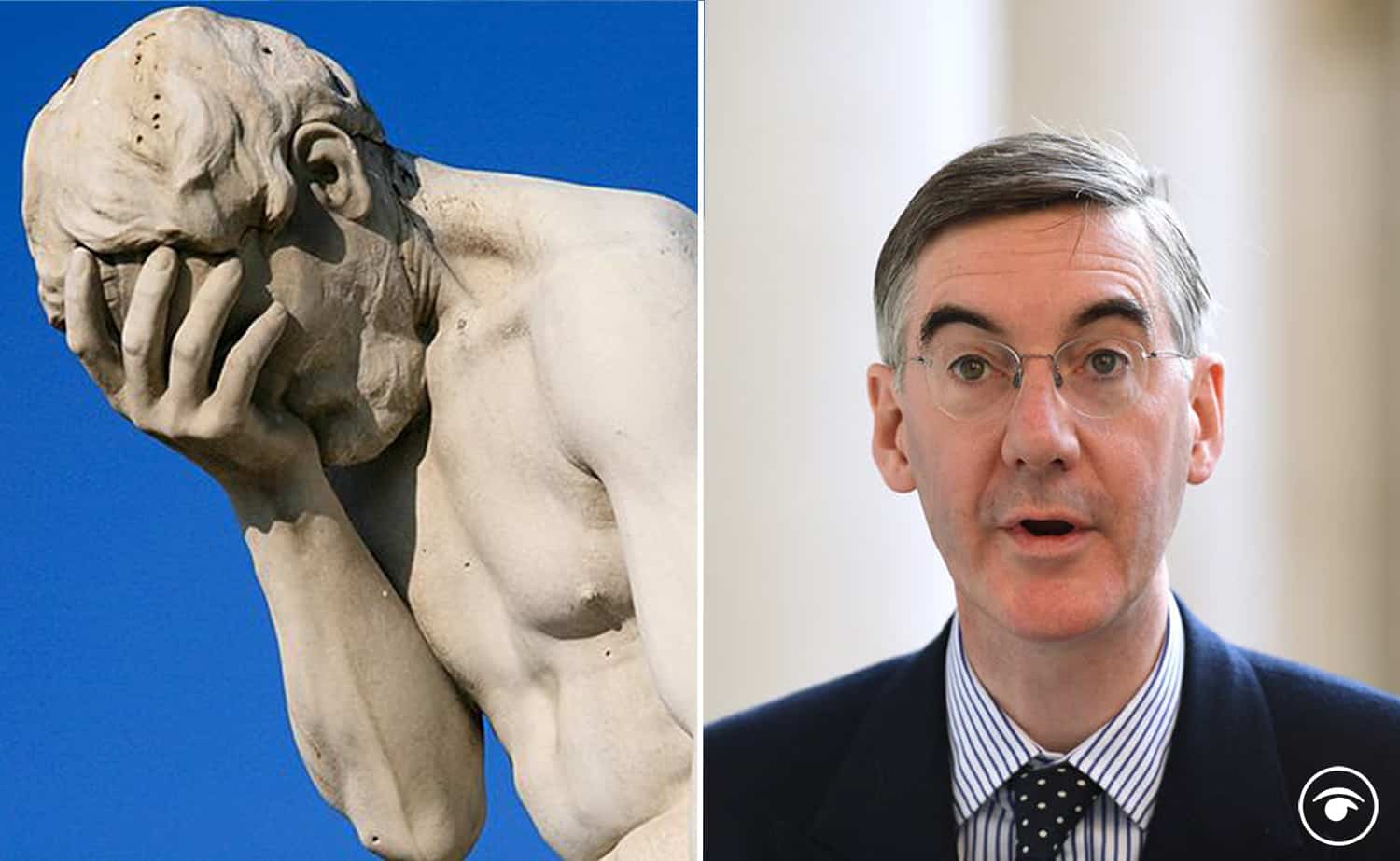Also the letter is stupid, its artists who enrich the world, not people who study art but produce nothing.
Fuck Israel
Last edited by Dilbert_X (2021-07-22 02:16:06)

Dilbert_X wrote:
OK great
i didn’t say artists have to care about a critic’s opinion. but reading art criticism and studying formal theory is a part of every artist’s education. it’s literally their field.Dilbert_X wrote:
I think you'll find most artists and creative people in general don't give a fig for critics.
I do like art, what I don't like is the endless recycling and recycling of criticism.
Do we need a new book about Shakespeare? I'd say not.
Do I need some hipster to tell me I like the wrong art? Also no.

Last edited by uziq (2021-08-05 22:44:35)
Teaching latin in comprehensives is going to achieve exactly zero upward mobility for the plebs then.uziq wrote:
they go to balliol for the clubs and connections, and they do PPE because it's the quickest route to power.
the right are snowflakes. who knew?Those who portray themselves as beleaguered defenders of academic freedom also enjoy less tangible benefits: it’s possible for them to configure good faith criticism – the substance of academic life – as ad hominem attack. A couple of years ago, when I was still in my probationary period (and so easier to fire), a senior academic used the n-word in a seminar I run. His paper was a defence of academic free speech and he did not agree that this word shouldn’t be said by white people (like him), so he said it, twice. I felt sick. In the questions, I asked him to reflect on the political implications of my reaction. Could we read it as an example of a certain kind of successful linguistic activism, whereby the use of a word by a particular group is not only thought to be unacceptable but is experienced with revulsion? If this were the case, I wondered, might it also be correct to say that while he should not (and would not) suffer any professional consequences for saying the word in the seminar, we could nonetheless see his choice as having its own political effects, weakening the emotional valence given to the word by the people it is meant to degrade? Might this be a reason to avoid saying it, even if, as a matter of academic freedom, we can? He could have answered my questions without conceding to my analysis. Instead he lost his temper. ‘You are trying to censor me!’ he bellowed. I later learned that he had contacted three senior members of my department to tell them I was responsible for the ‘worst seminar experience of his entire career’.
Last edited by uziq (2021-08-13 20:53:36)


Last edited by uziq (2021-09-08 02:40:41)
